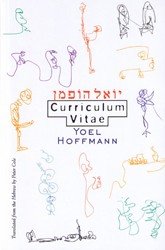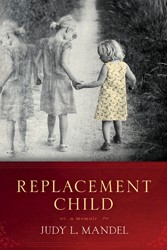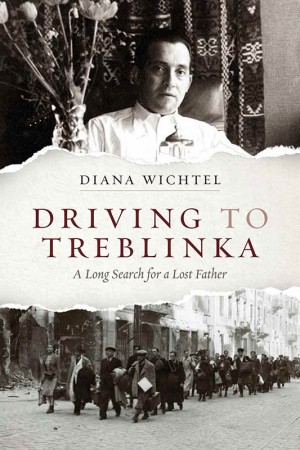By
– March 2, 2012
On August 2nd, 1943 a revolt took place at the annihilation center, the infamous Treblinka. The prisoners blew up the front gate, fire destroyed areas of the camp and approximately 200 to 300 prisoners escaped. Most were eventually killed or captured and very few eyewitnesses were alive at the end of the war. Yet it was, along with the Warsaw Ghetto uprising, the most significant expression of Jewish resistance to the Nazi genocidal onslaught.
In this important new work, the Israeli-born philosopher Yoram Lubling sets out to correct a glaring historical omission. His beloved grandfather, Moshe Y. Lubling, was never acknowledged by the Holocaust historical establishment as a chief architect of the Treblinka revolt and an authentic hero of the Jewish people. Given the secrecy surrounding the revolt’s preparation and the tight compartmentalization of the planning process, some surviving eyewitnesses were unaware of Moshe Lubling’s central role in the revolt. Holocaust historians, archivists and all students of the Shoah will find this moving work thought provoking and provocative. The keepers of the flame at Yad Vashem and at the National Holocaust Museum in Washington retain the accepted version of events on that fateful day in 1942.
In search of dignity and an appropriate place for his grandfather in the annals of Jewish resistance and heroism, the author devotes considerable time and energy to proving that his grandfather was indeed a true leader of his people in its darkest hour. The author discovers that not only did Moshe Lubling help plan the revolt, he yelled from the camp’s destroyed gate for prisoners to flee and then returned to the camp to continue the fight. He was killed that day. He was 41 years old.
The book succeeds in confirming the courage and heroism of Moshe Lubling. The author leaves the reader with a portrait of a man of supreme integrity who was determined to die with dignity. He was able to overcome the paralysis of initiative that was the norm in an environment whose sole purpose of existence was to gas and burn fellow human beings around the clock. The book’s subtext, the ethics of memory, should not be ignored because it allows the author to place the event of the Holocaust under his moral philosophical lens.
In what, for this reviewer, are the book’s most significant passages in terms of contemporary implication, Lubling takes his colleagues on the academic left to task for their inauthentic and self-serving use of the Holocaust for political ends. Lubling, with gripping clarity, outlines the manner in which many American and European intellectuals distort the past and misapply the facts of the Holocaust to the Israeli-Palestinian conflict. In this phantasmagoric world, Gaza and the West bank are the new concentration camps, the Palestinians are the Jewish inmates and the Israelis and the Americans are the torturers and genocidists.
Twice Dead is a labor of filial devotion whose author’s keen intellect and analytical skills make for a major contribution to the Holocaust historiography literature. Acknowledgment, forward, index, notes.
Steven A. Luel, Ph.D., is associate professor of education and psychology at Touro College, New York. He is a developmental psychologist and psychoanalyst in private practice. He is co-editor (with Paul Marcus) of Psychoanalytic Reflections on the Holocaust: Selected Essays.





